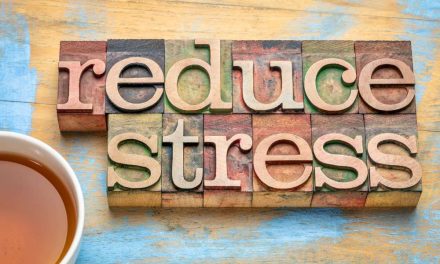
Edit
Full screen
Delete
What Is Trauma Recovery Coaching and How Can It Help You
One in three Canadians will face a traumatic event. Yet, only 28% get help. This leaves many people feeling alone.
Healing isn’t about forgetting. It’s about living a life where trauma doesn’t rule. Trauma recovery coaching is more than therapy. It’s a guide to hope.
This article will show you how coaching helps. You’ll learn to take back your mind, set limits, and celebrate small victories. My story and others prove recovery is possible, no matter the start.
Key Takeaways
- Trauma recovery coaching offers personalized strategies to address emotional wounds.
- Over 70% of Canadians experience trauma, making accessible support critical.
- Coaching focuses on actionable steps, not just talking—like mindfulness exercises and coping plans.
- Online options in Canada make healing accessible, even in remote areas.
- Recovery is a journey, not a quick fix, with measurable progress tracked over weeks, not years.
Understanding Trauma Recovery Coaching
Healing from trauma isn’t about forgetting the past. It’s about creating a future where pain doesn’t rule your life. As a trauma recovery coach in Canada, I help clients turn struggles into steps towards strength.
What It Means to Heal
True healing is growing while facing challenges. It’s about seeing your scars and finding ways to flourish. My coaching helps you learn to be kind to yourself, not just fix symptoms. Healing is a path of redefining your story.
Discovering My Personal Approach
I mix proven methods with care that fits you. Here’s how I help:
- Guided reflection exercises to process emotions
- Collaborative goal-setting to build coping strategies
- Weekly check-ins for consistent progress tracking
Every session is about listening to you. I don’t use the same plan for everyone because trauma recovery needs a custom approach. We work together to find small changes that lead to big empowerment. Let’s move from just surviving to living with purpose and discovery.
What Is Trauma Recovery Coaching and How Can It Help You
Understanding what is trauma recovery coaching means it’s a helping process. It’s led by experts who care. It helps people deal with emotional pain, building strength and understanding themselves better.
My own experience with trauma recovery coaching showed me its power. It mixes useful tools with caring advice to help rebuild life after tough times.
My Experience with Coaching
I felt alone until I met a certified trauma recovery coach in Toronto. We worked on finding what sets off my feelings and how to handle them. I started journaling and doing mindfulness to change my thinking.
My coach taught me to take small steps. This made it feel like I was moving forward, not stuck.
Bridging Trauma to Triumph
Coaching turned my struggles into strengths:
- Safe Space Creation: My coach helped me set boundaries to feel safe during our talks.
- Tool Development: I learned to use grounding exercises to calm my nerves every day.
- Goal Setting: We broke big goals into smaller steps. We celebrated each success.
Now, I tell others about the power of trauma recovery coaching. It’s not just for surviving. It’s for finding happiness and meaning again, step by step.
Exploring the Benefits of Trauma Recovery Coaching
Learning about the Benefits of Trauma Recovery Coaching shows how it changes life. It’s not just about dealing with pain. It’s about getting tools to tackle challenges.
Through my journey, I’ve seen how coaching helps people grow. It opens up space for self-discovery.
Here’s what makes trauma recovery coaching special:
- Improved coping strategies: Learning steps to handle triggers and stress.
- Emotional resilience: Building strength to deal with tough emotions.
- Healthier routines: Making daily habits that help mental and physical health.
The Benefits of Trauma Recovery Coaching also include better boundaries and relationships. It helps people deal with past hurts. I’ve seen clients gain confidence and set goals.
This isn’t a quick fix. It’s a journey to find joy and purpose again.
In Canada, these benefits mean more energy for work, family, and hobbies. It focuses on steps you can take in real life. The results are real and empowering.
My Personal Journey in Trauma Healing and Growth
Rebuilding my life after trauma wasn’t easy. But, a Trauma Healing Program showed me the way. At first, I felt lost, like I was in a storm without a compass. But, I found steps to follow:
Edit
Delete
Building a support network: I found certified coaches and groups for trauma recovery.
Journaling daily: Writing helped me see my progress and find hidden triggers.
Practicing self-compassion: My program taught me to be kind to myself, even when I fail.
The biggest lesson? Healing isn’t about forgetting pain. It’s about learning to live with it. I learned three important things:
- Progress isn’t always straight. Some days I felt like I took two steps forward, then three back.
- Getting help from professionals is important. My coach helped me see patterns I missed.
- Being part of a community helps. Sharing my story with others made me feel less alone.
Every small choice helped me grow. My Trauma Healing Program helped me move from just surviving to truly growing. It showed me that recovery is a journey of small, intentional steps.
Navigating Trauma Support Services in Canada
In Canada, Trauma Support Services help you heal. They connect you with caring professionals and community programs. These help you recover. Knowing where to start is key.
Many Trauma Support Services are easy to find. Here are some important options:
- 24/7 crisis lines like Crisis Services Canada’s helpline
- Local community centers with free or low-cost counseling
- Online directories like the Canadian Mental Health Association’s service finder
Look for organizations like the Trauma Support Services in places like Ontario or Alberta. They offer group sessions, education, and support from peers. I’ve seen how these help people find stability and work with coaches.
Using these services with trauma recovery coaching makes a strong plan. Local experts handle urgent needs. Coaching helps with long-term growth. Don’t be shy to look into what’s out there—you’re not alone.
Embracing Online Trauma Recovery Coaching
Online Trauma Recovery Coaching lets you heal from home. You can talk to coaches through video calls or messages. This way, you can get help from anywhere in Canada.

Edit
Full screen
Delete
Online Trauma Recovery Coaching benefits
Being flexible is important. You pick when and where to work on your well-being. Here’s how it works:
Convenience and Accessibility
- Join sessions from your couch or anywhere comfortable.
- Choose coaches across provinces without needing to travel.
- Flexible hours to fit healing into your daily life.
Technology breaks down old barriers. Just a click connects you to care, no rush to an office.
The Digital Approach to Healing
Secure platforms help build trust, just like in person. We use tools like voice notes or shared journals to track progress. You choose how to communicate—video, text, or voice messages—based on what feels right for you.
Online Trauma Recovery Coaching offers personalized strategies. Whether you need a quick check-in or a deep dive, the support fits your needs. Each session helps you build skills to handle challenges right away.
Practical Trauma Recovery Coaching Techniques
I’ve learned that small steps can change a lot. These Trauma Recovery Coaching Techniques helped me feel better.
Mindfulness and Reflection
Starting with mindful moments is key. Try these steps:
- Body scans: Focus on each body part, noticing tension without judgment.
- Short breathwork exercises: Inhale for 4 counts, hold, exhale for 6 counts.
- Journaling: Write down thoughts daily to spot patterns.
Coping Strategies That Worked for Me
When stress peaks, I use:
- 5-4-3-2-1 grounding: Name 5 things seen, 4 felt, 3 heard, 2 smelled, 1 tasted.
- Self-compassion mantras: Repeat phrases like, “I am safe now” to reframe anxiety.
- Progressive muscle relaxation: Tense and release muscles from toes to head.
Combine these techniques with a daily routine. Small steps lead to big changes. What works for me might help you too.
How a Trauma Recovery Coach Can Empower Your Life
Working with a Trauma Recovery Coach is more than just surviving. It’s about living fully. They help you see things clearly and face challenges head-on. Here’s how it works:
People have taken back their lives with the help of a Trauma Recovery Coach. They create a safe place for you to feel and think without fear of judgment. They teach you ways to cope, like grounding exercises or writing in a journal.

Edit
Full screen
Delete
Trauma Recovery Coach empowering healing
- Personalized plans: Every session is made just for you.
- Accountability: They celebrate your small victories.
- Lasting change: Coaches help you make new habits a part of your life.
As a coach, I learned that progress isn’t always straight. But with support, even setbacks can help you grow. You learn to trust yourself again, which is a big part of getting better. A Trauma Recovery Coach is more than a guide; they’re a partner in shaping your future.
At first, I felt lost. But now, I see how coaching changed my view. It’s not just about healing; it’s about finding joy again. Let’s talk about what you deserve next.
Integrating a Trauma Healing Program into Daily Life
Small daily actions build lasting change. Here’s how to weave healing practices into your routine without overwhelming yourself.
Establishing Daily Routines
- Start with 10 minutes of mindful breathing upon waking
- Schedule a daily journal entry to track progress
- Use bedtime reflection to process the day’s challenges
Mindset Shifts for Lasting Change
- Replace “I can’t” with “I’m learning to”
- Focus on one positive action per day
- Accept setbacks as part of the journey, not failures
My experience shows consistency matters more than perfection. Try pairing routines with existing habits—like adding deep breathing during morning coffee. Small shifts like these create momentum. Track your wins weekly to see progress. Trauma healing becomes a natural part of life when woven into routines this way.
Finding a Trauma Recovery Coach Near Me in Canada
Looking for a Trauma Recovery Coach Near Me in Canada? Check out the Canadian Mental Health Association’s directory or Psychology Today. These places list experts in trauma recovery. Look for those who know EMDR or somatic therapy well.
- Check credentials: Make sure they are licensed and trained in trauma. Ask for proof from the Canadian Professional Coaches Association.
- Read reviews: Client stories show how good they are. Google Reviews or social media groups share their success.
- Ask questions: A good coach talks about their methods and your goals. They should explain how they make sessions fit you.
- Try a free intro call: Many offer short talks to see if you match. Use this to ask about their experience and how they work.
Take your time—choosing the right coach is important for your healing. Look for those who make plans just for you and offer help when you need it. Local support groups can also help you find the right person. If unsure, try a free session to see if you feel comfortable. Your comfort is key—find someone who listens and helps you grow.
Conclusion
Healing from trauma is a journey that needs courage and support. Trauma recovery coaching in Canada gives you tools to rebuild your life. My own journey showed me that small steps, like mindfulness, can lead to big changes.
Canada has many support services and mental health resources. They help you grow and face challenges with strength. Every small step is a victory on your path to well-being.
If you’re ready to start, I’m here to help. Reaching out to trauma recovery coaching can guide you. Together, we can make a plan just for you. Healing is possible, and your journey begins now.
FAQ
What Is Trauma Recovery Coaching?
Trauma recovery coaching helps people deal with past traumas. It’s a way to grow and heal. As a coach, I help my clients use tools and techniques to feel better and move forward.
How Can a Trauma Recovery Coach Assist Me?
A trauma recovery coach helps you break free from emotional barriers. They offer support and strategies to find your purpose. I listen with compassion and guide you through your healing journey.
What Are the Benefits of Trauma Recovery Coaching?
Coaching helps you cope better and feel more resilient. It teaches you to live in a way that supports healing. You’ll learn to manage stress and live a healthier life.
Is Online Trauma Recovery Coaching Effective?
Yes! Online coaching is convenient and accessible. You can get help from anywhere. It’s flexible and removes barriers, making quality coaching available to you.
What Techniques Are Used in Trauma Recovery Coaching?
We use mindfulness, reflective exercises, and coping strategies. I share my experiences with these methods. They help you manage emotions and build resilience.
How Do I Find a Trauma Recovery Coach Near Me?
Look for a coach with the right credentials and read testimonials. Contact them for a consultation. This helps you see if they’re right for you.
Can I Participate in Trauma Support Services While Coaching?
Yes! Support services can add to your coaching experience. They offer extra help and a community network. This is great for your healing and growth.





